Iron Deficiency Day is a global event which takes place every year to highlight the significant impact of iron deficiency and iron deficiency anaemia have on patient’s lives.
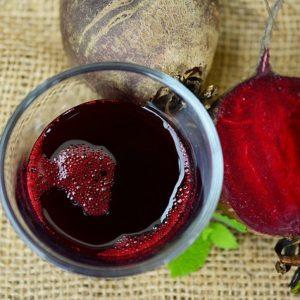
While iron deficiency is commonly known among our population, is largely ignored because of our inability to identify their symptoms. We frequently brushed them off as stress, daily habits, and the air-conditioning is a tad bit too cold in the office.
Symptoms Of Iron Deficiency Anemia
A lot of such symptoms are common and can be easily brushed off. If you are in doubt and constantly experiences a few of the symptoms above, feel free to talk to your physician. Recognizing the symptoms of iron deficiency and iron deficiency anaemia is often the greatest hurdle to get a diagnosis. The symptoms can manifest in different ways, they are hard to pinpoint and can be associated with a number of clinical conditions.
Even if you have iron deficiency, it doesn’t mean that you have anaemia. Iron deficiency anaemia occurs when the level of stored iron is exhausted, and the body can no longer make enough haemoglobin. Haemoglobin is needed for healthy red blood cells. Iron is essential so that the heart, muscles and red blood cells can function. It also plays a vital role in the production of energy, protecting the immune system, and brain power.
Treatment usually entails consumption of high iron food such as beetroot, dark green vegetables, egg yolks, liver (not usually recommended), and/or moringa leaves powder.

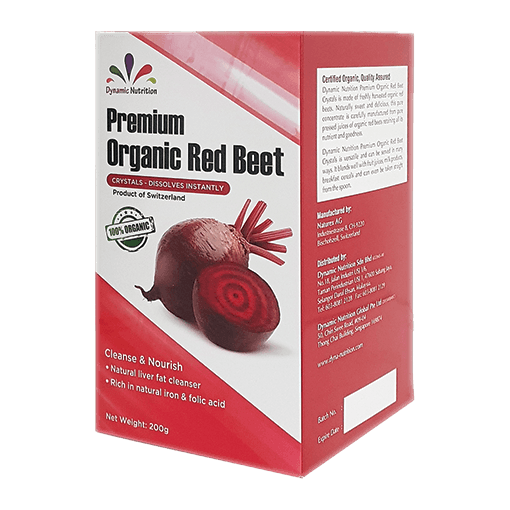

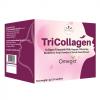

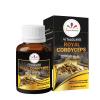

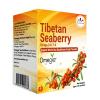

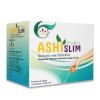
Facebook Comments